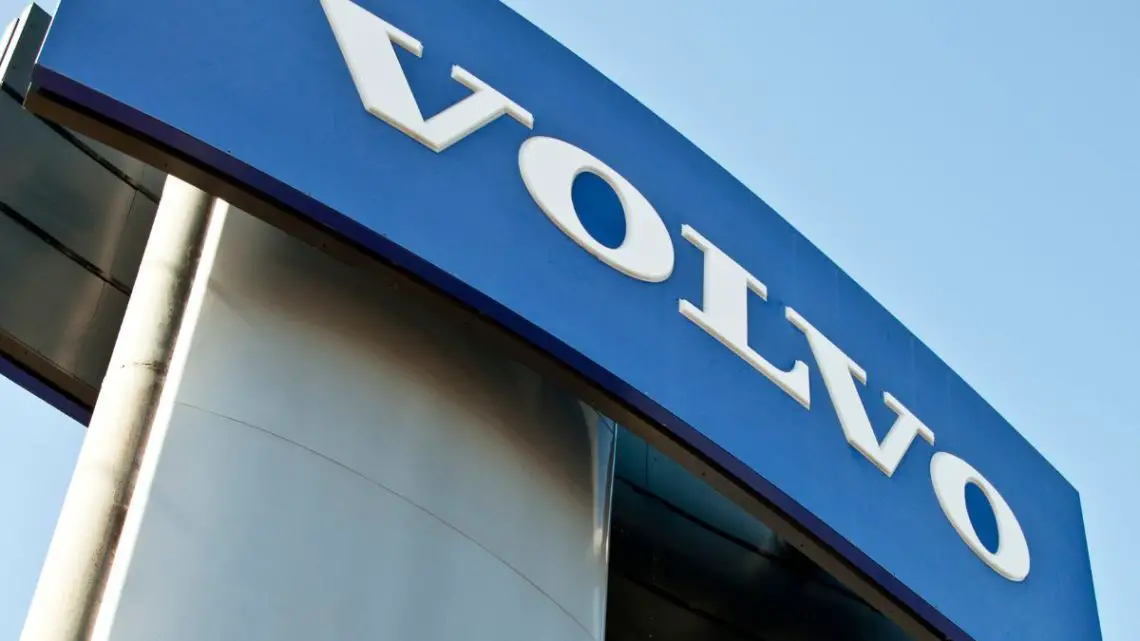
Volvo begins testing hydrogen fuel cell trucks
June 22, 2022The vehicles are able to refuel in as little as under 15 minutes for zero carbon emission operation.
Volvo Trucks announced this week that it has started the testing of hydrogen fuel cell vehicles in an effort to extend their range to a distance as far as 1,000 kilometers (just over 621 miles).
The customer pilots are expected to start within the next small number of years.
According to Volvo Trucks, the customer pilots for the fuel cell powered vehicles within the next few years and commercialization is “planned for the latter part of this decade.” Cellcentric will be providing the fuel cells for the vehicles by way of a Daimler Truck joint venture that first began in March 2021.

“Hydrogen-powered fuel cell electric trucks will be especially suitable for long distances and heavy, energy-demanding assignments,” said Volvo Trucks president Roger Alm. “The electrification of long-haul, heavy-duty trucks poses its own unique set of challenges. The International Energy Agency’s Global EV Outlook for 2021 has described long-haul trucking as needing “advanced technologies for high power charging and/or large batteries.”
The zero-emission sector and fuel cell vehicle arena have seen substantial competition growth recently.
By placing a new focus on zero-emission vehicles, it will place Volvo Trucks in direct competition with other firms such as Tesla and JV partner Daimler Truck, both of which have been developing electric trucks.
Both Daimler Truck and Volvo Trucks have split their attention between battery electric vehicles and H2-powered vehicles.
Last year, in a CNBC interview, Daimler Truck chair of the board of management Martin Daum discussed the debate between the two zero-emission technologies. “We go for both because both … make sense,” he replied, before explaining how different technologies would be appropriate in different scenarios,” said Daum. “In general, you can say: If you go to city delivery where you need lower amounts of energy in there, you can charge overnight in a depot, then it’s certainly battery electric.”
“But the moment you’re on the road, the moment you go from Stockholm to Barcelona … in my opinion, you need something which you can transport better and where you can refuel better and that is ultimately H2,” he continued about the promise of fuel cell technology.



 With over 15 years of reporting hydrogen news, we are your premier source for the latest updates and insights in hydrogen and renewable energy.
With over 15 years of reporting hydrogen news, we are your premier source for the latest updates and insights in hydrogen and renewable energy.